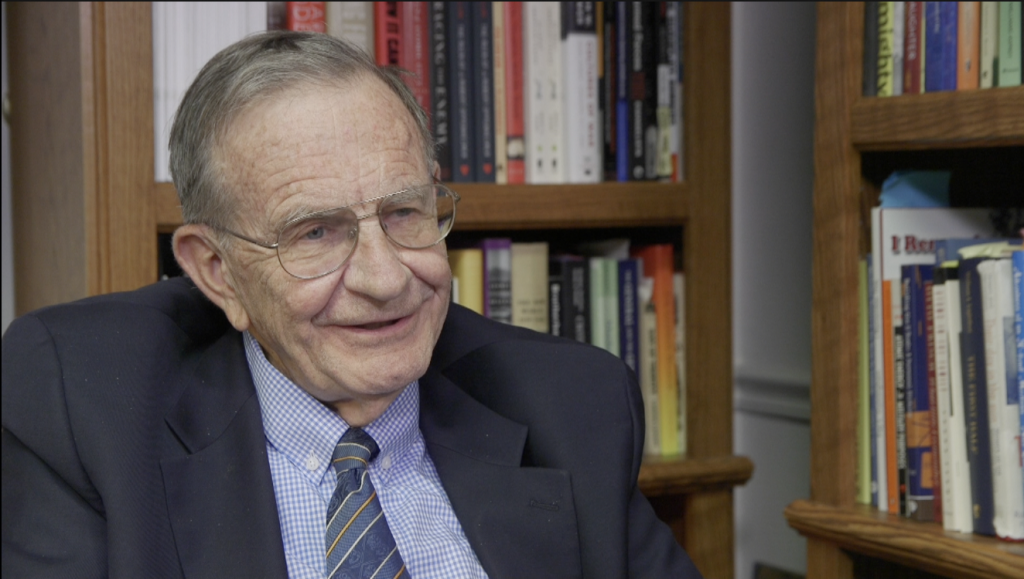Glenn Schweitzer is the director of the Program on Central Europe and Eurasia at the National Academy of Sciences. Schweitzer has had a distinguished career in international scientific cooperation, focusing on nuclear energy, international scientific affairs, the United States, and Russia. He earned his bachelor’s degree in Engineering at the United States Military Academy and his master’s degree in Nuclear Engineering at the California Institute of Technology.
He has served as a foreign service officer, a civil service officer, and a nongovernmental specialist. He began as a Foreign Service Officer in Yugoslavia before moving on to the Arms Control and Disarmament Agency and then the U.S. Embassy in Moscow. Under the United States government, Schweitzer has served as a senior staff scientist for marine affairs in the Office of the Vice President, the Director of USAID’s (United States Agency for International Development) Office of Science and Technology, the Director of EPA’s (Environmental Protection Agency) Office of Toxic Substances, and the Director of EPA’s Environmental Monitoring Systems Laboratory.
Schweitzer later worked for EPA at the Nevada Test Site. From 1992-1994, he served as the first director of the newly created International Science and Technology Center in Moscow. This center was an intergovernmental organization established by the United States, numerous European countries, Japan, and Russia to provide support for redirection of former Soviet Union scientists for civilian research inquiries. In 1999, Schweitzer helped develop and facilitate relationships between the U.S. National Academies and the Iranian Academies of Sciences and Medicine and many other research centers throughout Iran. In 2009, he served as a nonresident Senior Research Fellow at the Institute of Environment of the University of North Carolina (Chapel Hill).
Schweitzer is the author of twelve books focused on international scientific affairs and the author of multiple reports under the National Research Council. His 1999 report, “The Pervasive Role of Science, Technology, and Health in Foreign Policy,” directly led to the creation of the Office of the Science and Technology Advisor to the Secretary of State. He is the recipient of awards from various institutions including: The Department of State, USAID, college universities and organizations, and EPA. In 2010, the American Association for the Advancement of Science (AAAS) awarded him with the Science Diplomacy Award, and described him as “A tireless advocate for international science cooperation and the role of science in foreign relations.”





